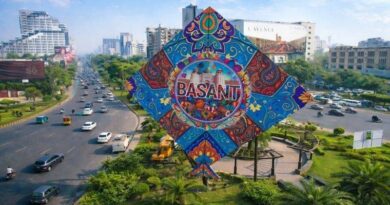Zulfiqar Ali Bhutto: Architect of Change in Pakistan
Zulfiqar Ali Bhutto, a towering figure in Pakistan’s political history, left an indelible mark as a revolutionary leader. Born on January 5, 1928, Bhutto emerged as a beacon of hope and change during a critical period in Pakistan’s trajectory.
His journey to prominence began with an illustrious academic career, studying at the University of California, Berkeley, and later at the University of Oxford. Bhutto’s early exposure to Western education deeply influenced his worldview and political ideology.
Returning to Pakistan, Bhutto swiftly ascended the political ranks, serving as the Foreign Minister under President Ayub Khan’s regime. His tenure showcased his diplomatic finesse, advocating for Pakistan’s interests on the global stage. However, Bhutto’s growing disillusionment with Ayub Khan’s governance led to his resignation, setting the stage for his own political destiny.
In 1967, Bhutto founded the Pakistan People’s Party (PPP), a movement aimed at championing the rights of the common people, particularly the marginalized and the working class. Bhutto’s charisma and oratory prowess resonated with the masses, igniting a fervor for change across the nation.
The 1970 general elections marked a turning point. The PPP secured a landslide victory in West Pakistan, positioning Bhutto as a key figure in the political landscape. With the subsequent political turmoil and the secession of East Pakistan (now Bangladesh), Bhutto emerged as Pakistan’s President and later as its Prime Minister in 1973 after the adoption of a new constitution.
His tenure as Prime Minister was marked by significant reforms, including nationalization of industries, land reforms, and the initiation of nuclear programs, which earned him both accolades and criticism. Bhutto’s policies aimed at social justice and empowerment resonated with many, yet faced staunch opposition from various quarters.
Tragically, his tenure was cut short amidst mounting political unrest. Accused of conspiring to murder a political opponent, Bhutto faced a controversial trial that culminated in his execution in 1979, a move that stirred global outcry and led to enduring debates about the fairness of the trial.
Zulfiqar Ali Bhutto’s legacy remains a complex tapestry of achievements and controversies. He was a visionary leader who aspired to transform Pakistan into a progressive and equitable society. His commitment to the empowerment of the masses and his dynamic leadership style continue to inspire generations, solidifying his place as a revolutionary force in Pakistan’s history.
By . Dr. Mumraiz Khan Attock



